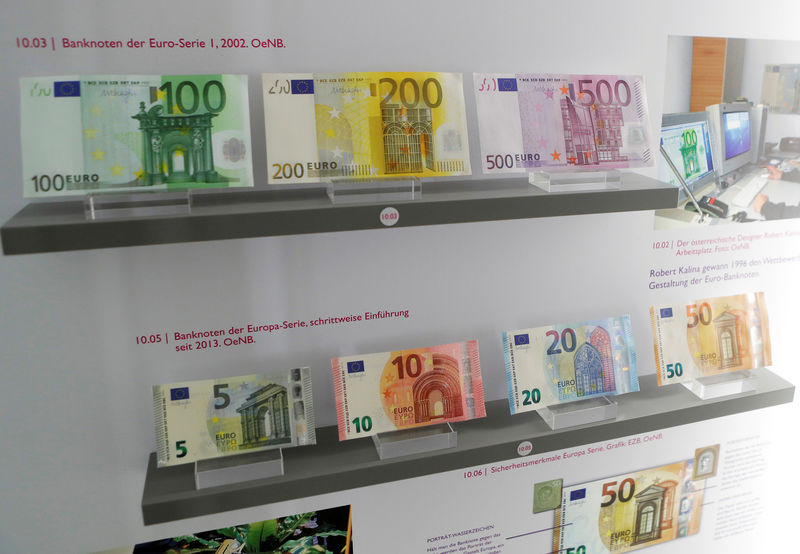By Tommy Wilkes
LONDON (Reuters) - The yen rose on Friday as U.S.-China trade conflict jitters encouraged demand for safe-haven currencies, while the euro shrugged off a breakdown in Italy's governing coalition and the prospect of new elections.
After a tumultuous few days dominated by investor concerns about the escalating tariff war between Beijing and Washington, markets looked to be ending the week on a calmer note.
The Chinese yuan rose slightly, taking it further away from lows hit on Monday when Beijing shocked markets by allowing the currency to weaken past 7 to the dollar.
"Markets have calmed down now that the renminbi has stabilized," said Thu Lan Nguyen, a strategist at Commerzbank (DE:CBKG) in Frankfurt. "But dollar/yen and euro/Swiss franc are still near their recent highs."
The yen rose 0.2% to 105.9 yen per dollar
"In terms of positioning, some speculators are a little too long in the yen, but I think many people feel comfortable remaining short dollar and long yen," said Yukio Ishizuki, foreign exchange strategist at Daiwa Securities in Tokyo.
The Swiss franc, another currency popular with investors in times of economic uncertainty, was unchanged but had earlier strengthened past 1.09 francs per euro (EURCHF=EBS).
The euro rose 0.2% to $1.1197, showing little reaction to news that the Italian government was on the brink of collapse after League leader Matteo Salvini said his coalition with the 5-Star Movement was untenable and called for early elections.
"We still have markets in a risk-off mood which is actually supporting the euro. This is overshadowing these idiosyncratic political issues we have in the euro zone," Commerzbank's Nguyen said.
The euro has done particularly well against the Swedish crown and eastern European currencies this week, she noted.
The dollar index (=USD), which measures it against a basket of six major currencies, slipped slightly to 97.545 (DXY) and remained on course for its biggest weekly decline since June 21.
The New Zealand dollar rose slightly to $0.6485

Sterling edged lower to $1.2122